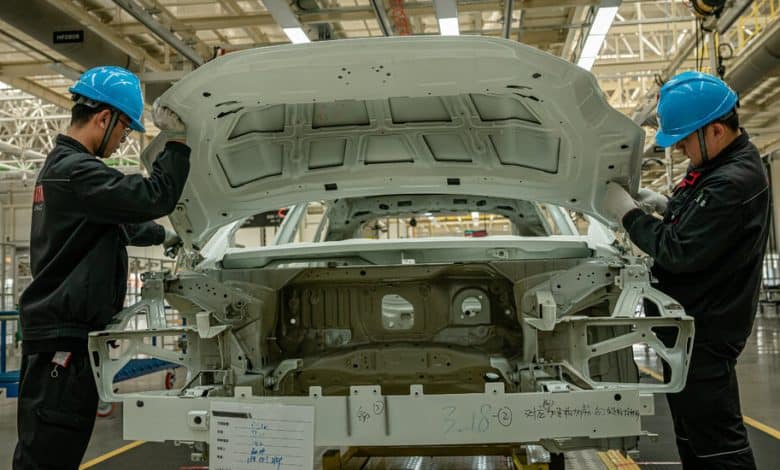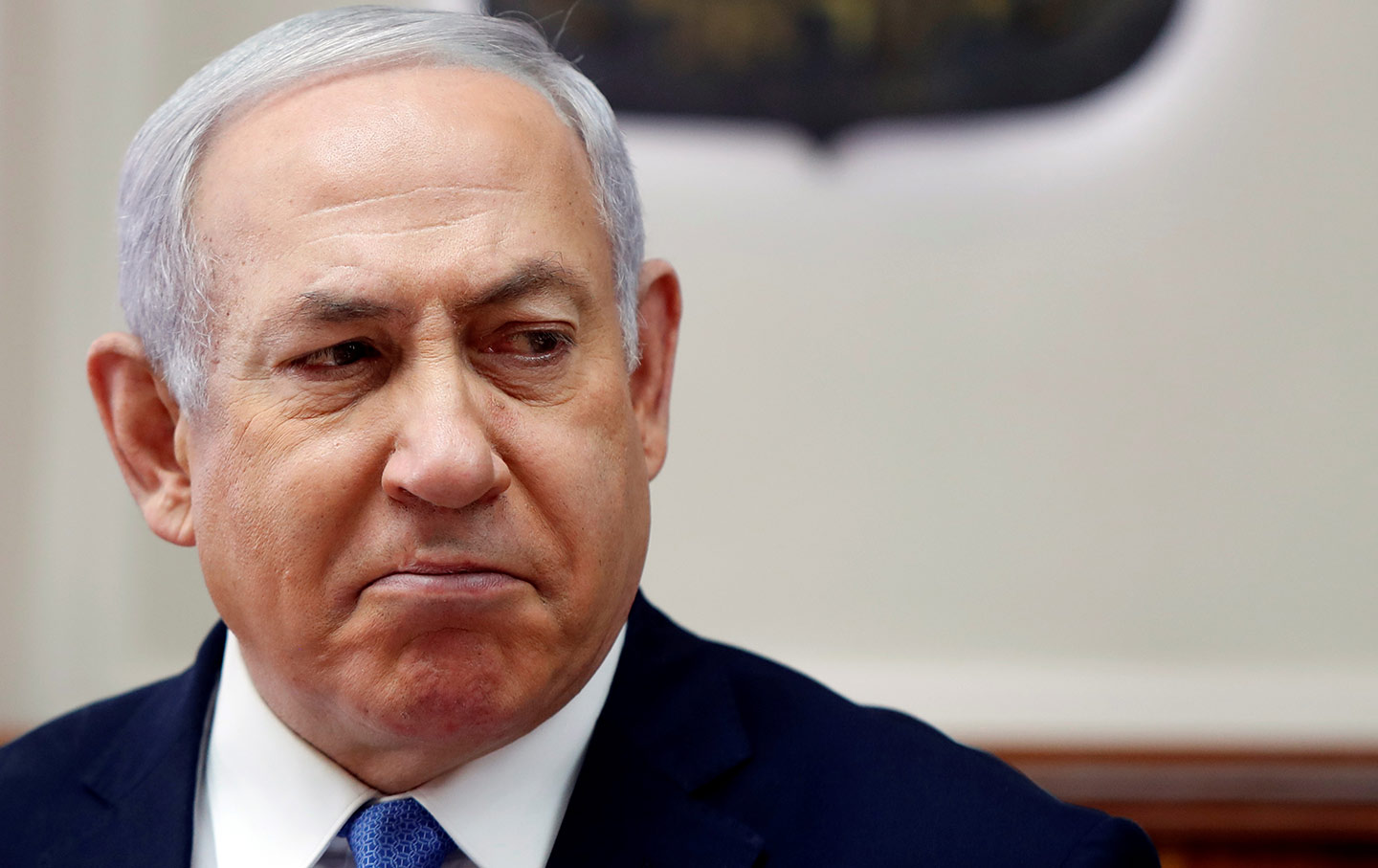
Indiscriminate Tariffs Will Just Hurt the US More Each Time
(China) on 16 May 2024
by (link to original)
In March 2018, the Donald Trump administration started a trade war with China based on a so-called "Section 301 investigation," imposing high tariffs on around $360 billion of Chinese goods exported to the U.S. In May 2022, just before the four-year tariff increase ended, the Joe Biden administration announced a review. On May 14, the U.S. released the review results and announced further tariff increases on Chinese goods, including electric vehicles, lithium batteries and photovoltaics representing “new three [exports]” as well as key minerals, semiconductors, steel and aluminum, port cranes and personal protective equipment.
The tariff increase on imports of Chinese electric vehicles is jaw-dropping, rising from 27.5% to 102.5%, while the import tax on solar cells is going from 25% to 50%, and tariffs on lithium batteries are increasing from 7.5% to 25%. It is evident that, this time, the U.S. government is targeting China’s renewable energy sectors. It is no wonder that several senior U.S. officials have recently been hyping so-called “overcapacity” in China's renewable energy industries as an excuse to justify the tariff hikes.
The U.S. has once again used the weapon of tariffs; will they be effective? Due to the heavy restrictions, Chinese electric vehicles, lithium batteries and chips have not yet significantly entered the U.S. market. Data show that electric vehicles, medical supplies and semiconductor products currently account for only 5.9% of China’s exports to the U.S., less than 1% of China’s total exports. In 2023, China exported just over 10,000 electric vehicles to the U.S., representing less than 1% of total exports. In the first quarter of this year, China exported fewer than 2,000 electric vehicles to the United States.
According to the Nikkei newspaper, the relevant industries in China do not rely on the U.S. market, making it difficult for the additional tariffs to have a substantial impact on Chinese companies. Bloomberg’s analysis also was that while targeting China’s green technology sector may seem to be an aggressive move, it is largely symbolic and "will barely dent Beijing’s growth.”
So why is the U.S. government doing this? On the one hand, analysts have suggested that since the U.S. cannot compete with China in sectors such as renewables, U.S. politicians are resorting to trade protectionism to suppress the development of those Chinese industries with a competitive advantage and seeking a more favorable environment for U.S. businesses to maintain America's high-end position in the global industrial chain.
On the other hand, this looks more like "political theater.” It is election year in the U.S., and with the U.S. economy facing multiple problems like high inflation and fiscal deficits, using an “outside threat” as a scapegoat has become standard practice for the current government. As many analysts have pointed out, the Biden administration launching a "tariff war" against China is driven by domestic political needs. The aim is to appear tough on China on economic issues that are important to swing state voters in order to win more votes.
So can high tariffs help U.S. politicians and their wishful thinking? Economically, the slow development of the U.S. electric vehicle industry is due to internal factors like high production costs and inadequate charging infrastructure. U.S. auto worker strikes in the second half of last year also highlighted the conflict between the U.S. government’s push for electric vehicles and the interests of the traditional auto industry. These internal issues cannot be solved by imposing tariffs. Trade expert Scott Lincicome has pointed out that U.S. tariff measures will not help local industries to prosper but will instead distort the market.
As for U.S. politicians using tariffs to win votes, that’s unlikely to succeed. There are many facts showing that the trade war initiated by the U.S. against China in 2018 has already cost U.S. businesses and consumers dearly. According to calculations by Moody's, U.S. consumers have borne 92% of the costs of the tariffs on Chinese goods, with U.S. households seeing their annual expenses increasing by $1,300. Another study indicates that the trade war with China has cost U.S. businesses $1.7 trillion in market value and nearly 250,000 jobs. In October 2022, The Hill published an article admitting that “the China tariffs have failed.”
Even though the lessons of the past are still visible, the U.S. government is making the same mistake again. This is bound to cause further harm to U.S. businesses and consumers. Statistics show that 30% to 51% of the components in U.S. domestic electric vehicle brands come from China. U.S. automakers in general are worried that additional tariffs on China will raise the manufacturing costs of electric vehicles, increase the burden on domestic consumers and ultimately seriously affect the transition and upgrading of the U.S. auto industry.
Facts show that China’s renewable energy industries have honed their clear strength through open competition, enriching global supply, alleviating global inflation pressures and making a large contribution to the global response to climate change and the green transition. The U.S. is doing everything it can to suppress China, but cannot stop China’s development and renewal. On the contrary, it reveals its own instability and loss of rationality and confirms its role as an "international rule breaker." Swinging the tariff stick around will only hurt the U.S. more each time.

